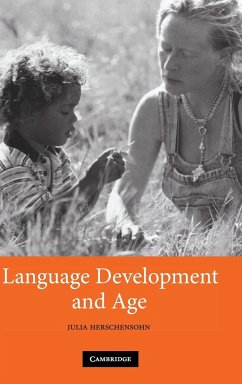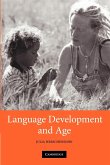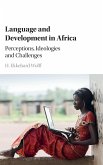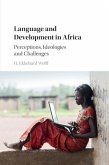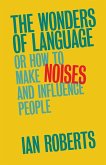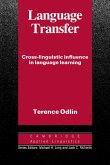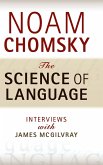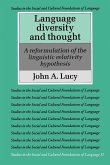The anecdotal view of language acquisition is that children learn language with apparent ease, no instruction and in very little time, while adults find learning a new language to be cognitively challenging, labour intensive and time-consuming. In this book Herschensohn examines whether early childhood is a critical period for language acquisition after which individuals cannot learn a language as native speakers. She argues that a first language is largely susceptible to age constraints, showing major deficits past the age of twelve. Second language acquisition also shows age effects, but with a range of individual differences. The competence of expert adult learners, the unequal achievements of child learners of second languages, and the lack of consistent evidence for a maturational cut-off, all cast doubt on a critical period for second language acquisition.
Hinweis: Dieser Artikel kann nur an eine deutsche Lieferadresse ausgeliefert werden.
Hinweis: Dieser Artikel kann nur an eine deutsche Lieferadresse ausgeliefert werden.

